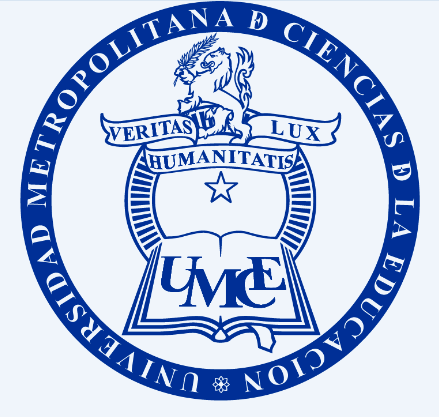Main Article Content
Mar 16, 2017
Abstract
Les métodos de enseñanza de una lengua extranjera han ido avanzando con los tiempos modernos. lo que ha significado que el actor principal en la tríada didáctica esté inclinado más hacia el alumno, quien a través de sus intereses y habilidades hace posible que vaya construyendo su propio aprendizaje, incluso el de una lengua extranjera. El alumno actual, considerado multifacético en el aula, adquiere y desarrolla habilidades usando todos sus sentidos. Se hace, entonces, necesario aplicar en el sistema escolar otros enfoques y métodos educativos, como lo es, por ejemplo, la enseñanza orientada a la acción, la que requiere de la presentación de productos tan gibles por parte de los aprendices, y, por consiguiente, su evaluación enfocada en competencias de diferente índole, como las lingüísticas, sociales, artísticas, etc.
Este artículo hará una referencia teórica breve sobre definición, características y requerimientos de este enfoque basado en el constructivismo, para presentar ejemplos de evaluación basados en rúbricas aplicables a algunos productos realizables por los alumnos en el aprendizaje de una lengua extranjera, en este caso el alemán.
Downloads
Policies for open access journals
Authors who publish here accept the following terms: Authors will keep their copyright and will guarantee the journal the right to the first publication of their work, which will be subject to the Licence of Creative Commons acknowledgement, which allows for the use of this material only if the authorship is credited and the original source is acknowledged (the journal’s URL), and if it is not used with commercial ends and with any derivations of the original work.
Authors may adopt other non-exclusive license agreements of distribution of the published version (e.g. to save it onto a digital institutional archive or publish it in a monographic volume) only if the initial publication of this journal is indicated.
It is permitted and recommended for authors to divulge their work on the Internet (e.g. institutional digital archives or webpage) before and during the submission process, which may lead to interesting exchanges and increase the citations of the publication. (See Open Access Effect).






